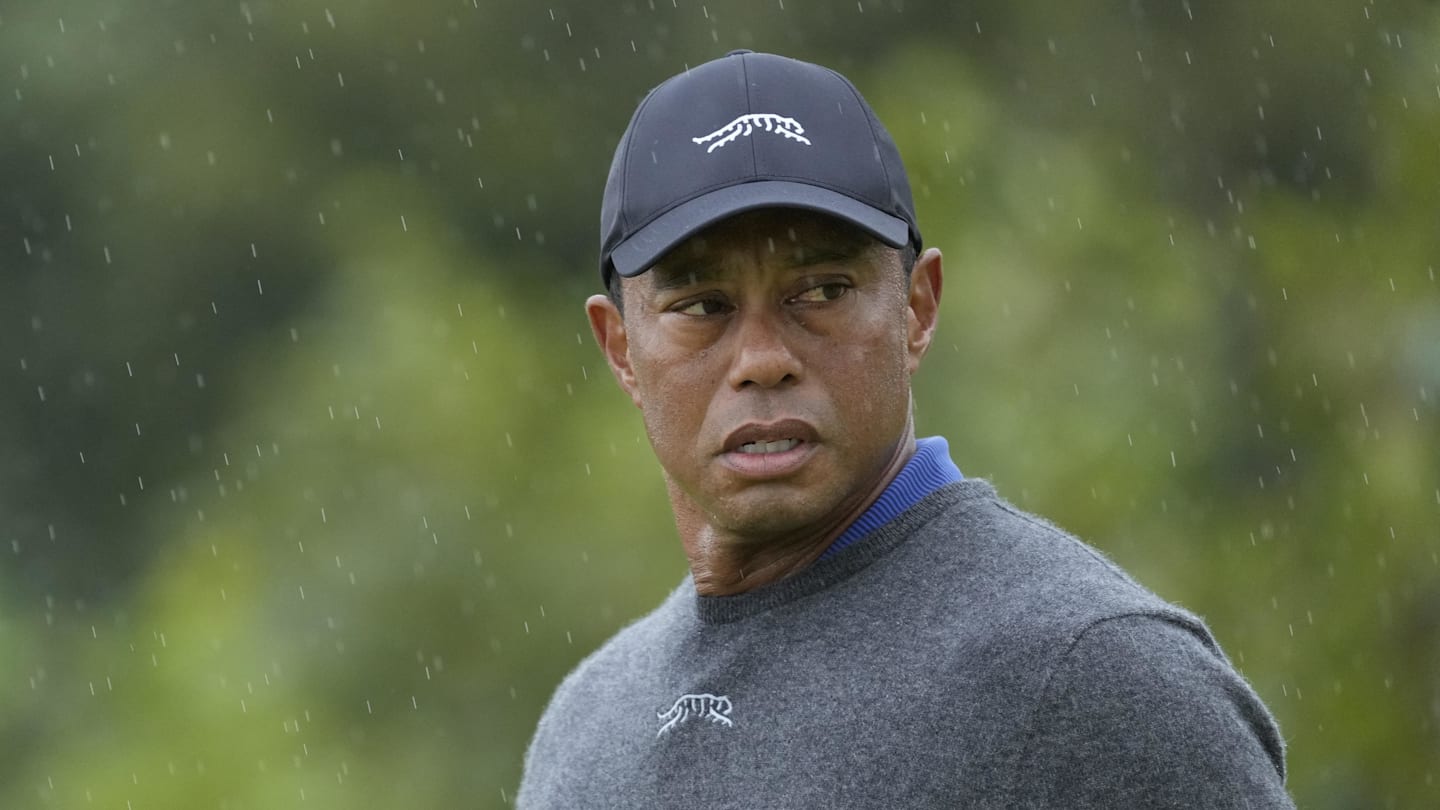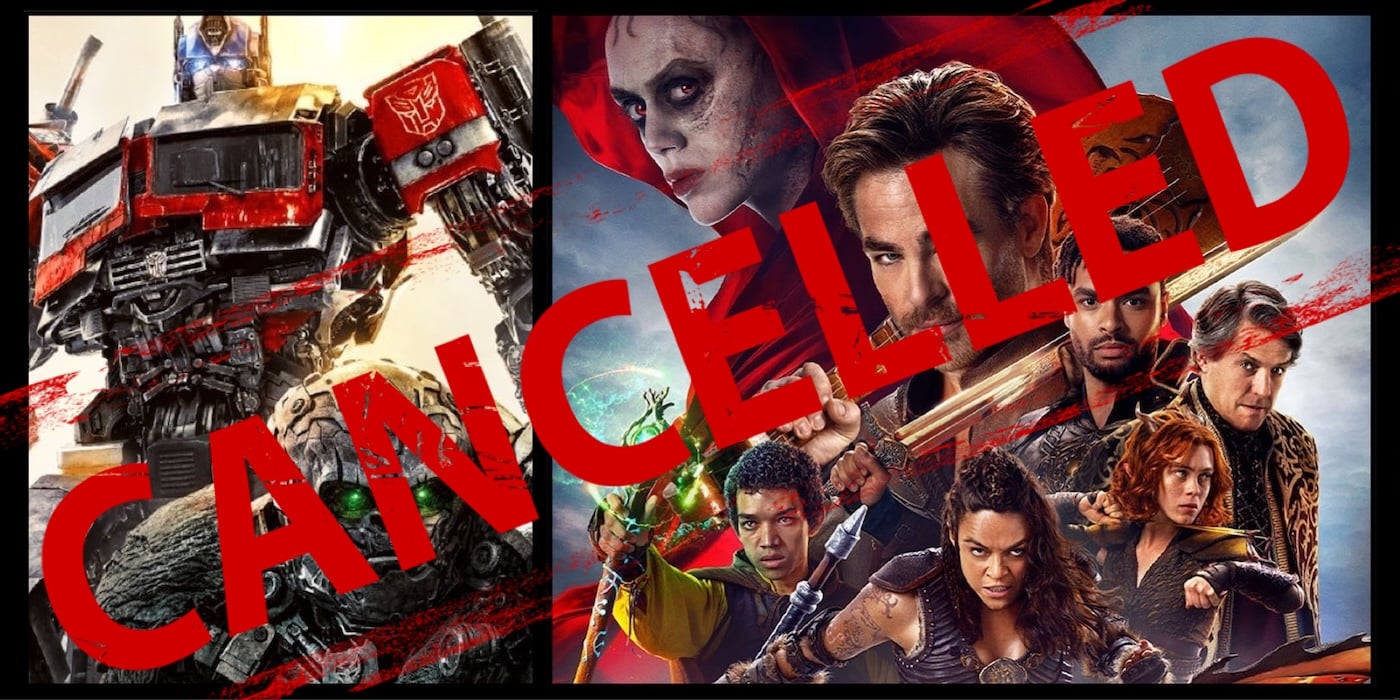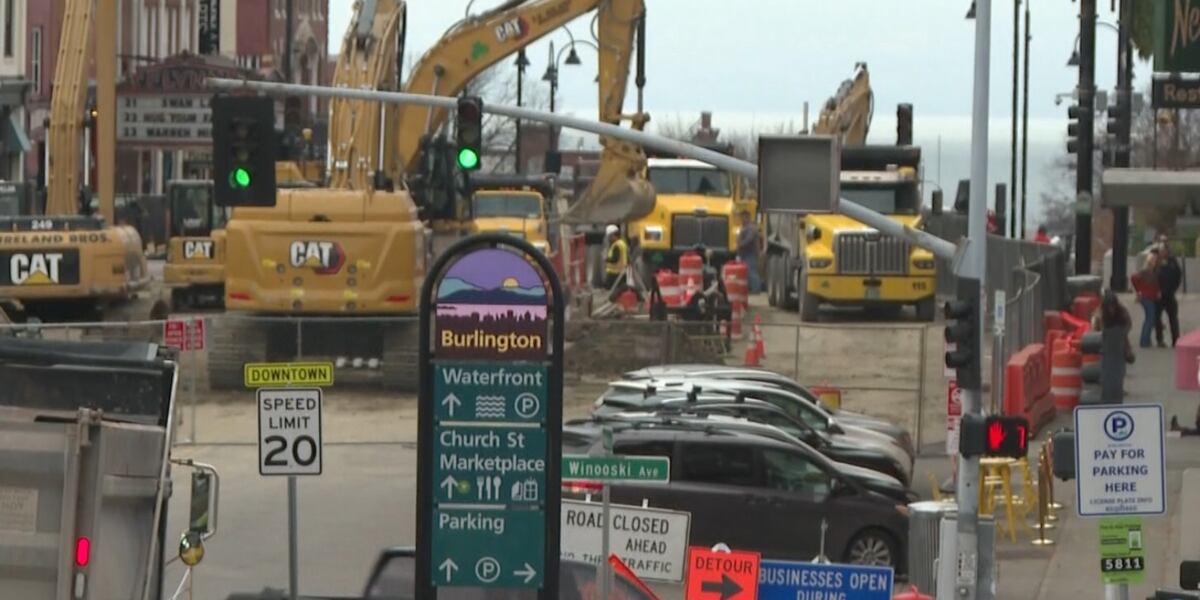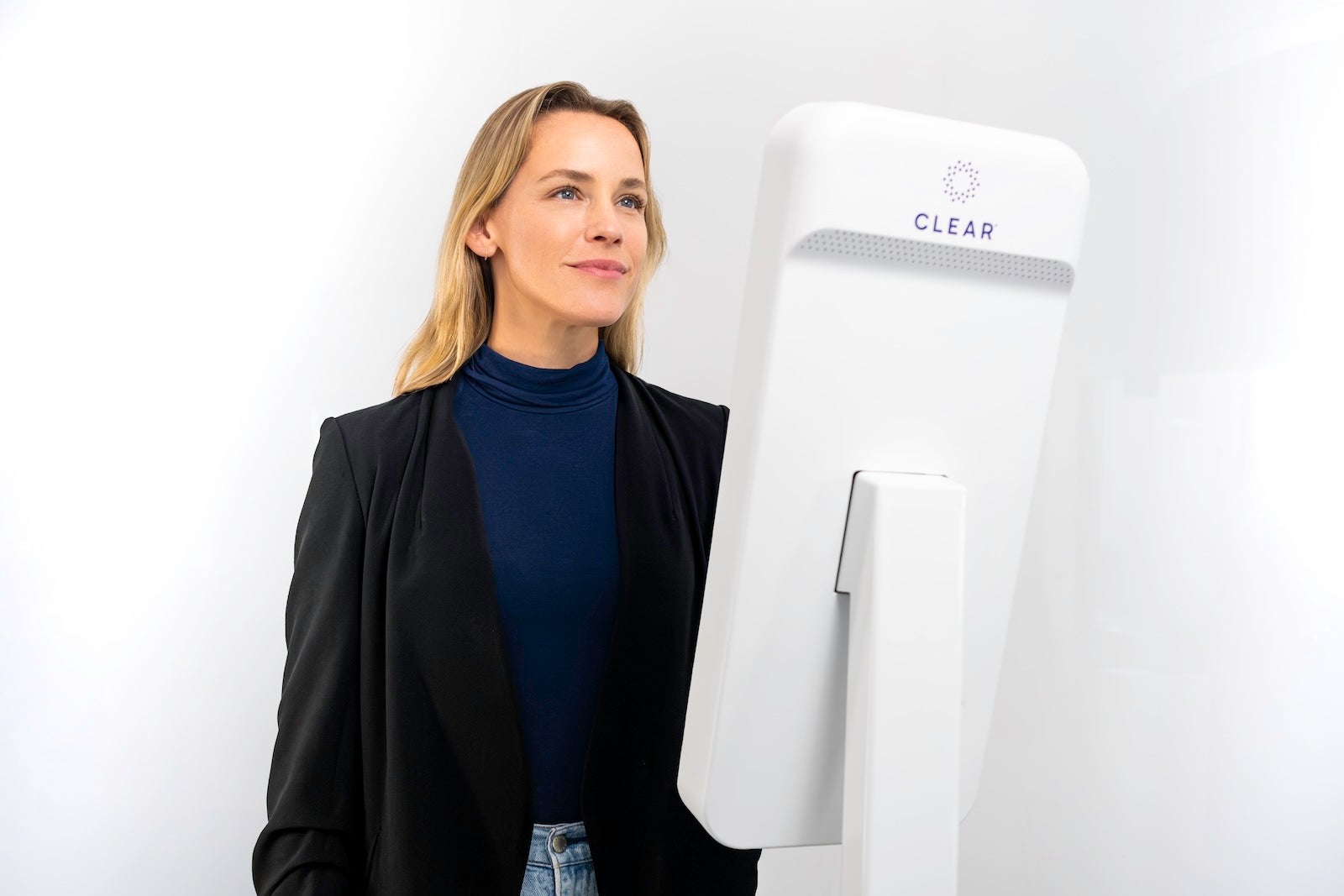Sports
U.S. Supreme Court poised to announce whether it will take up Florida online-sports-betting case

U.S. Supreme Court justices gathered privately Thursday to discuss the myriad cases brought before them, seeking to be heard. One on their list: online sports betting in Florida.
The justices may have already made their decision, but the public likely won’t know until this Monday or the following Monday whether the Supreme Court will hear the case, reject it, or reverse a lower court’s ruling that had previously paved the way for online sports betting in Florida. Any decision could have resounding consequences for online sports betting across the state and the rest of the country, possibly even halting it in its tracks.
“The outcome of this disposition, whether it’s to hear it or to not hear it, will have far-reaching repercussions extending beyond Florida’s borders,” said Daniel Wallach, a Hallandale Beach-based attorney and sports betting expert who recently filed an amicus curae brief in the case, asking the Supreme Court to either take it up or reverse it outright.
The challengers bringing the case before the court are known as West Flagler Associates, a group of pari-mutuels seeking to take away the Seminole Tribe’s monopoly on online sports betting in Florida. The monopoly was authorized by a gaming compact between the Tribe and Gov. Ron DeSantis back in 2021 that hinged on the idea that all online sports betting takes place on tribal lands because the servers are located there, the subject of a fierce debate over the last several years.
West Flagler’s attorneys had previously sued the Department of the Interior, arguing before a D.C. district court that the department should not have authorized online sports betting because it violates a federal statute known as the Indian Gaming Regulatory Act. The act dictates that gambling occurs on tribal lands, and online betting does not, attorneys argued. But an appeals court overturned the ruling last September, a legal victory that ultimately culminated in the widespread launch of online sports betting in December. Now, West Flagler is seeking a reversal of that decision from the U.S. Supreme Court.
Statistically speaking, the Supreme Court is likely to deny the petition for writ of certiorari, as it rejects over 95% of cases that come before it most years. If the court decides not to hear the case, it would preserve online sports betting in Florida and support the legality of the Seminole Tribe’s monopoly on online betting under federal law. It could encourage tribes in other states to launch their own online sports betting operations and the expansion of all forms of online gambling in Florida, not just sports betting.
“This will possibly lead to a gold rush spreading across the country in which tribes and states can now include iGaming and online sports betting within their compacts,” Wallach said.
The national consequences of the case could become a reason to take it up, in order to clarify what states and tribes are allowed to do.
“As different jurisdictions make different decisions regarding the legality of sports betting, it is critical that this Court not allow the unlawful approach taken by Florida to become a model, or for the D.C. Circuit decision to create confusing and misleading precedent,” wrote Hamish Hume, an attorney for West Flagler, in the petition for certiorari filed in February.
The Supreme Court could also immediately reverse the appeals court’s decision that had allowed sports betting to return, perhaps the least likely outcome, but the most shocking one, as it would force the Hard Rock Bet app– and revenues paid to the state in the hundreds of millions of dollars– to a halt. That seems unlikely to happen, however; West Flagler has not requested it, though Wallach suggested it in his brief.
Finally, the Supreme Court could determine the case is worthy enough to take into consideration and begin deliberating on it. Both sides will have to present their best arguments regarding the extent to which federal law governs what Florida can do and the central question of where online gambling takes place. West Flagler is also arguing that the agreement between DeSantis and the Seminole Tribe is unconstitutional because it treats all other companies unfairly in comparison.
“May the governor of a State and an Indian tribe use a federal approval of an IGRA compact as a backdoor around state constitutional prohibitions against online sports gambling conducted off tribal lands, and thereby create a sports gambling monopoly for the tribe while making the same conduct a felony for everyone else?” West Flagler’s petition reads.
The court will release its decisions on petitions for certiorari Monday morning at 9:30 a.m. If Florida sports betting is not included, the court has likely decided to wait until next Monday, which could indicate interest in the case. It’s also possible, but unlikely, the court could delay deciding until its session starts again in September, Wallach said.
“I think Monday’s the day,” he said. “But if it’s not and we’re waiting another week, then it becomes intriguing.”
A spokesperson for the Seminole Tribe declined to comment ahead of the decision Monday.









